Like my underemployed individuals following their academic education in this country, I couldn’t find a job in the industry I wanted to work in/a job that can pay a living wage in the craziness that is New York City. Unlike my peers whose backgrounds allow for European vacations and relaxation, I started a position as a Host at a new French restaurant within a Greenwich Hotel. While during the day, I watched literary parties hosted by the aging sun of the New York Media and Publishing Elite, I would leave work to go to Brooklyn and attend meals with friends at apartments with vibrant spreads with miso cookies, garlicky cabbage reductions, an interpretation on West African cuisine. Each one of these events I attended in Brooklyn always had a liberal version of “ in this house we…” tender aura varying in the air, where dishes said less about one’s ability to cook vs. a hyper-emphasize to tell one’s worldly/first-gen immigrant experience through one’s food. Gone are the days of Anthony Bourdain exploring the world for Pad Thai: now your South Asia friend can make it for you and give you a talk about ancestral trauma.
Since the pandemic, there has been a lockdown originated boom of amateur chefs and bakers hosting dinner parties with the goal of “building community” to find the alleged Gen Z loneliness crisis. Instead of going to restaurants (too expensive) you can go to an individual’s Bushwick apartment to have their wares. There is a millennial root to this phenomenon: A post-Alison Roman, post-Bon Appetit cancellation landscape of Brooklyn revitalized through the popularization of The Bear, Soft Boy Chefs, trans line cooks in pop star’s music videos, and recession indicators of the lack of drinking in bars and going up amongst young people that can’t afford to go out every night for meals and drinks.
Running parallel, the burgeoning member’s club scene is chugging strong. This New Gilded Age is removed from the institutions of yore and revitalized and in their stead we have San Vicente Bungalow’s New York Outpost within the Jane Hotel, splashy Chez Margaux, Casa Cipriani, AMAN, and the Maxime’s reach extending across the pond. Even Soho Hotel is viewed as pedestrian in some crowds. We have the ever harder to get reservations of “it” restaurants where we have services to expedite the process (Resy and Dorsia). Who cares about getting to know the staff at your favorite restaurant /getting funny with a maitre d’ when an app + your personalized wealth can bypass potential interclass awkwardness.
For men that work in the fields of finance, these landscapes a place that can hint at a sense of cultural refinement when one’s plates can echo memories of their best friend’s wedding on an Italian villa or seafood reminding you of your semester abroad in Barcelona. For straight women, these landscapes can be a landscape that blurs the lines between hunting of a future wealthy boyfriend and potential high-end escorting. While hypergamy and the fear of dating a broke man is always making its rounds on social media, joining a member’s club/snagging a it reservation can speed up the process for you.
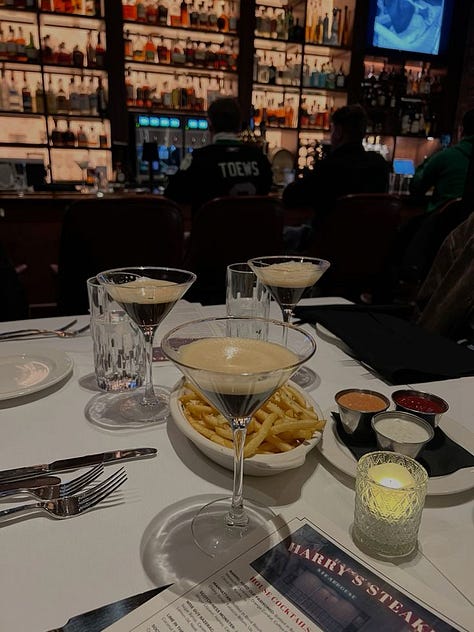
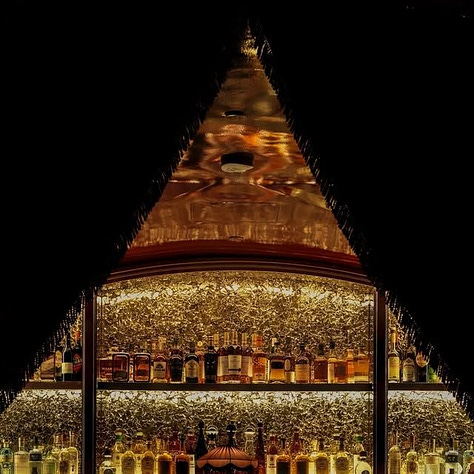
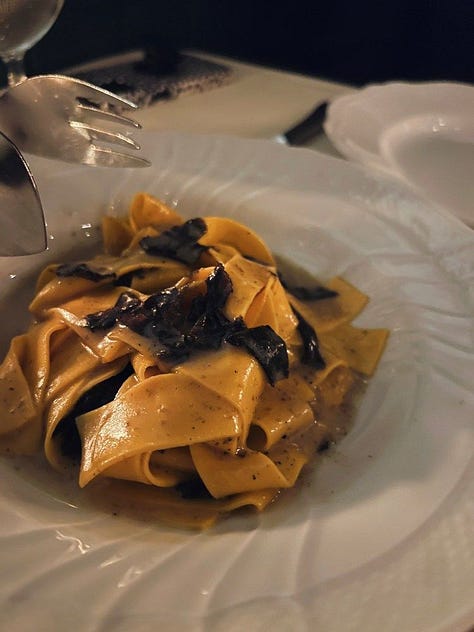
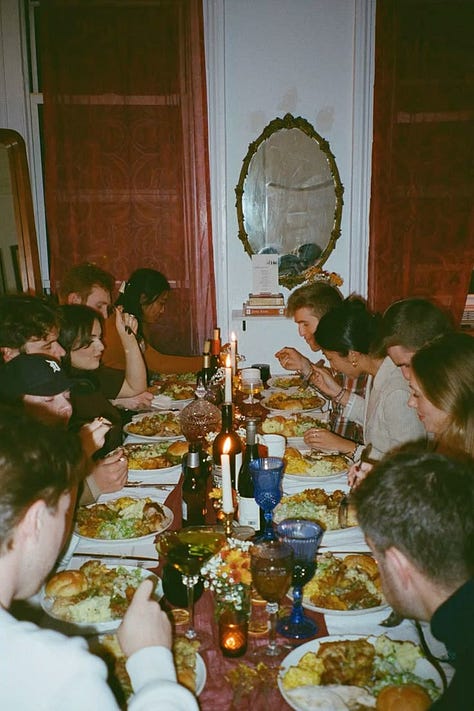
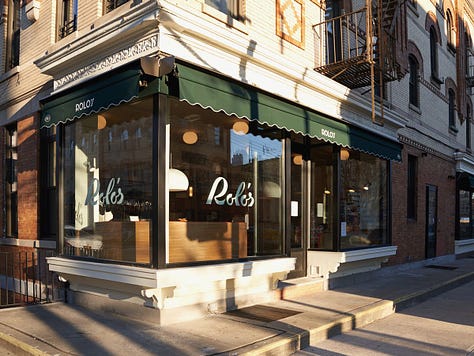

This lack of interclass interactions extends beyond the dining room and into the club atmosphere in which bottle service, sections, and maniacal theatrics have transformed nightlife into a landscape in which the ecstatic feeling of dance and movement are replaced by status competitions. House Music, which was traditionally for cultural underclasses, are now for a nebulous, predominantly straight, international elite where John Summit, Peggy Gou, Black Coffee, and Kienemusik run supreme. All these member clubs and the international jet set of the 2020s seem to have this deep desire to harken back to what Sean Monahan has dubbed, The Boom Boom Aesthetic, a nostalgia for a “Greed is Good” lifestyle in which austerity and centrist social norms are ignored. With this American Psycho lens of the world and a deep desire for a Studio 54-type nightlife, unique and freaky club kids are removed and the crazies people that make nightlife worth anything. The homogenization of nightlife spaces for all identities spectrums has created new forms of rigidities that BPMs and Kundle cannot remove.
With this social identity divide within New York, I question the opportunities for genuine third space in this Table Chatter Series. Where can young people meet investors for their dreams if they didn’t come from a wealthy background? Does the New York hospitality scene remain to be identity and class based? Can restaurants and nightlife genuinely be non-discriminatory in a non-corny 2020 way? Why are restaurants see like a focus group for hyper-niche demographics? In this new series, I intend to explore the current landscape of New York restaurants and nightlife, investigating gatekeepers and gated destroyers to understand the nature of social gathering within this city and beyond.
Reference Notes


